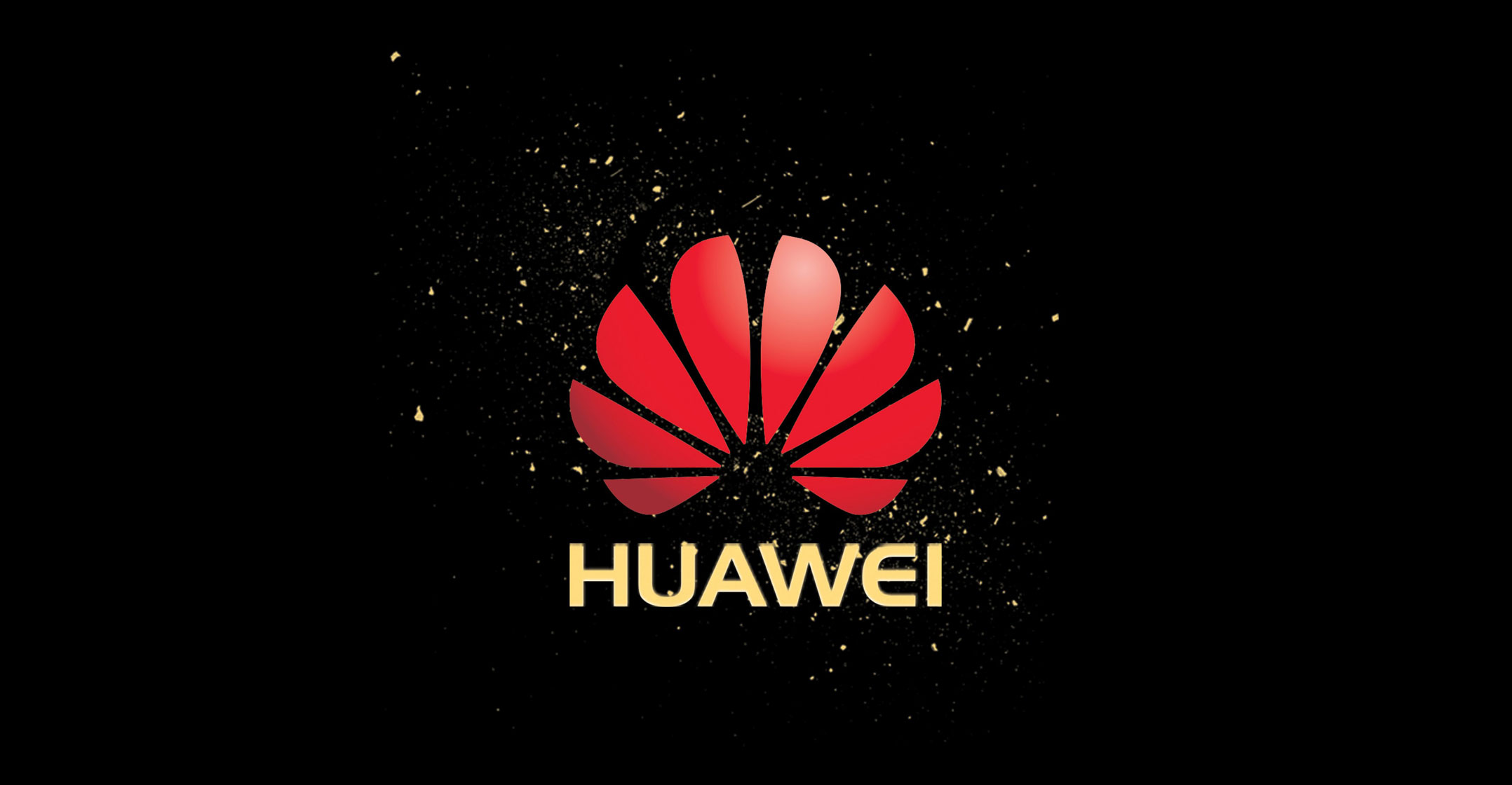
Huawei Technologies has lately become a prominent target for US factions seeking to raise alarms over alleged Chinese espionage and technology theft. Now Huawei’s striking back.
Eric Xu, the company’s current rotating chairman, minced no words in an unusually pointed riposte to American lawmakers who raised concerns about Huawei’s ties to US colleges. He singled out congressman Jim Banks and senator Marco Rubio, saying they persuaded peers to write to the education secretary and call for an inquiry into whether Huawei steals American research through projects with dozens of universities.
“The two congressmen are quite closed-minded and ill-informed. It seems that their bodies are in the information age, but their minds are still in the agrarian age,” Xu said, according to a company statement. “Their behaviour shows not just an ignorance of how science and innovation works today, but also their own lack of confidence.”
He added that Huawei merely sought to contribute to academic research and openly shared its findings.
American politicians have for years labelled Huawei — one of the world’s largest telecommunications equipment makers — a potential security threat because of perceived ties to the Chinese government, something the company’s repeatedly denied. That stems in part from its founding by former military engineer Ren Zhengfei. But that scrutiny has sharpened this year as the Donald Trump administration threatened to levy punitive tariffs on billions of dollars in Chinese imports and slapped a life-threatening ban on ZTE, a Huawei rival.
The company is also the world’s largest maker of smartphones after Samsung and Apple and has poured billions of dollars into the development of fifth-generation wireless — an effort that places it in prime position to benefit from the next generation of mobile technology. At the same forum in Shanghai, Xu promised not to squeeze other companies on 5G royalties. — (c) 2018 Bloomberg LP




